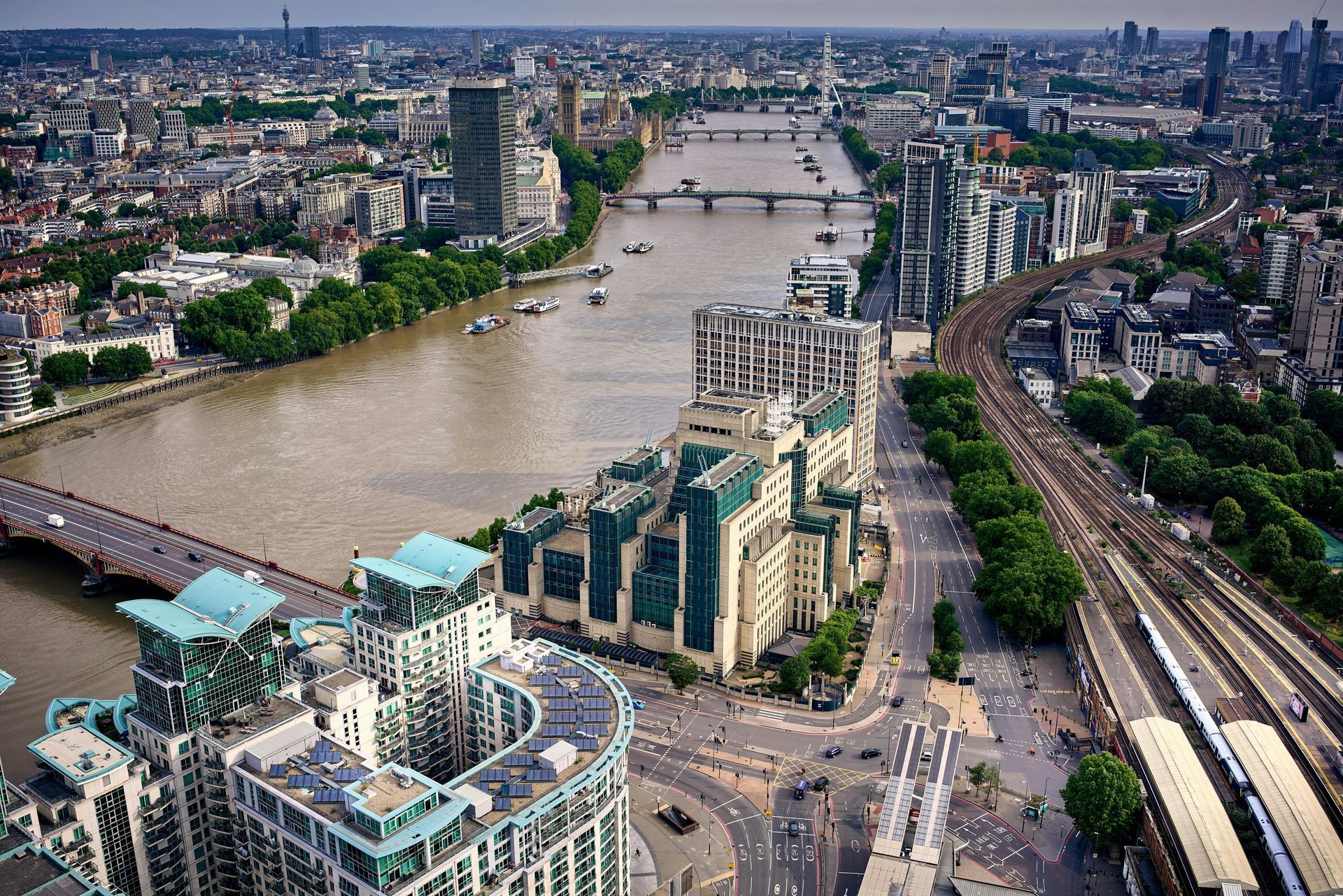Dubai property income: getting burned by your place in the sun?

"First impressions count", they say.
Yet how often are we confronted with an apparent truth which is less sinister when we bother to dig a little deeper.
I'm not necessarily talking about so-called 'fake news'.
Take The Times, for instance. It's the UK's oldest national newspaper and has been rightly applauded over the last couple of centuries for the quality and indeed the bravery of its journalism.
Flicking through its pages recently, though, my attention was drawn to a story about taxpayers apparently dodging their obligations to HMRC.
It described how "thousands of British citizens could be avoiding tax on their property investments in Dubai by failing to tell HM Revenue & Customs about their earnings" https://www.thetimes.co.uk/article/48324c1a-7c5a-44ae-b478-2334d76e0376?shareToken=16b5539eb0242b9e990a6df596929e72.
The article drew from leaked data and claimed that HMRC records showing that only 1,900 UK taxpayers disclosed rent receipts from property in Dubai during the 2021-22 financial were somewhat inaccurate.
Instead, the source material suggested that 17,000 Britons owned 22,000 properties in the emirate, 13,000 of which had been rented out at least once.
On the face of it, the picture presented by the article was one of a large group of individuals trying to pull a flanker.
However, I think that the truth may actually be more confused and less questionable than The Times set out in good journalistic faith.
For one, it was that reference to "British citizens" which first had my senses tingling.
When it comes to UK tax, citizenship doesn't mean anything at all (incidentally, there are two places where citizenship based taxation applies - the US and Eritrea!). When it comes to the UK, the primary hook is residence and, secondly, for the time being, one’s domicile status.
Put simply, if you're UK resident, then you pay Income Tax on worldwide income, including rent earned from overseas' property, regardless of where those properties are.
If you're you're non-resident, then you only pay tax on UK income.
Should you be resident in the UK and qualify for non-dom status and have elected for the remittance basis to apply, then you're only taxed on foreign income and gains that are brought to, or otherwise enjoyed in, the UK.
So, as one can see, there are legitimate reasons why ‘a UK citizen’ might not have to pay tax on a Dubai property.
It would be reasonable to imagine that the very idea of vast numbers of taxpayers ducking their obligations would keep HMRC exercised, especially given the £451 million which it spent on "avoidance and evasion work", according to its last published annual report https://assets.publishing.service.gov.uk/media/64e34f1c3309b700121c9baa/HMRC_annual_report_and_accounts_2022_to_2023.pdf.
That misbehaviour might involve foreign assets shouldn't be too much of stretch, given the lattice work of agreements between international tax authorities which have been put in place and were summarised in the 'No Safe Havens' project launched in 2019 by the Revenue https://www.gov.uk/government/publications/no-safe-havens-2019/no-safe-havens-2019-introduction.
Nevertheless, all that investment and legislative infrastructure could, I reckon, be at least part of the problem.
In proudly rolling out 'No Safe Havens', HMRC talked of "huge changes" to its effort to ensure offshore tax compliance, with "over 100 new measures" introduced in the preceding decade.
Regular readers will recognise my frequent observations about the lengthy and rather opaque nature of the UK's tax code.
It was something even noted in the last few weeks by Charlotte Barbour, the new President of the Chartered Institute of Taxation (CIoT).
In her inaugural speech to the Institute's Annual General Meeting, she described how there were "pressing issues" which, if not addressed, would "leave the tax system less efficient, harder to comply with and less effective in both raising revenue and supporting taxpayers" https://www.politics.co.uk/opinion-former/press-release/2024/05/31/election-is-opportunity-for-tax-education-says-new-institute-president.
Among them, said Mrs Barbour, was the need for "meaningful simplification".
A quick glance through HMRC's own published data gives her comments some credence.
The Revenue regularly issues numbers on what is known as 'the tax gap': the difference between the amount of tax expected and received. In the financial year ending this April, the gap measured £39.8 billion https://www.gov.uk/government/statistics/measuring-tax-gaps/1-tax-gaps-summary.
Digging beneath the headline numbers, though, we find that 4 per cent is because of avoidance and 14 per cent is due to evasion, while three times as much as is the result of a combination of the "failure to take reasonable care" (30 per cent) and error (15 per cent).
It's possible to see how some individuals unfamiliar with a constantly changing tax code might simply not grasp that they have a tax liability at all.
The risks of making a genuine mistake when it comes to offshore non-compliance, however, are severe.
Inaccuracy, failing to notify HMRC of relevant facts or purposefully withholding information can merit a penalty which is at least as much as the actual tax due https://www.gov.uk/government/publications/compliance-checks-penalties-for-income-tax-and-capital-gains-tax-for-offshore-matters-ccfs17/compliance-checks-penalties-for-offshore-non-compliance-ccfs17.
It is a sanction likely to sting even more than the searing summer temperatures in the Middle East.
Even more than being bracketed with those ne'er-do-wells deliberately intending to limit their tax exposure on the pages of The Times, a large bill because of inadvertent oversight is enough to cause people to question whether their place in the sun is really worth it.


